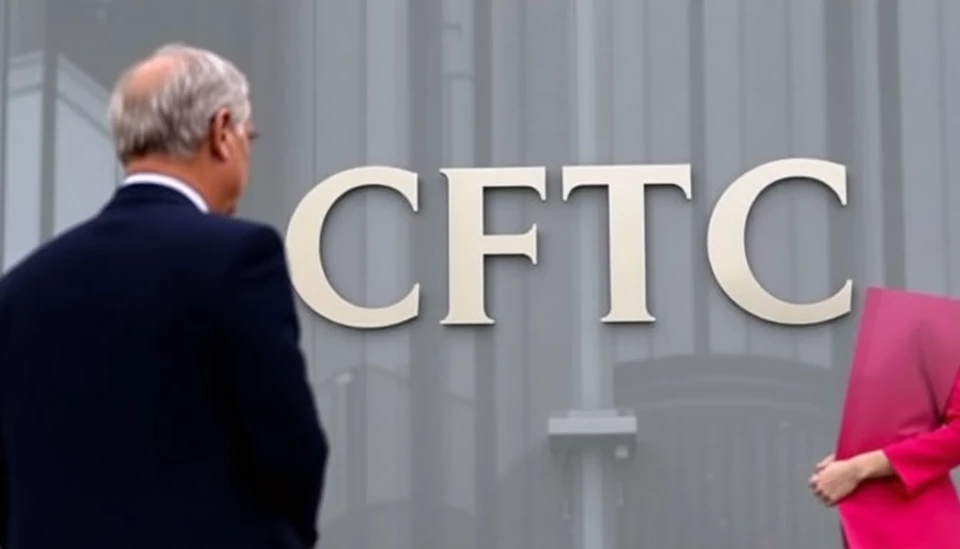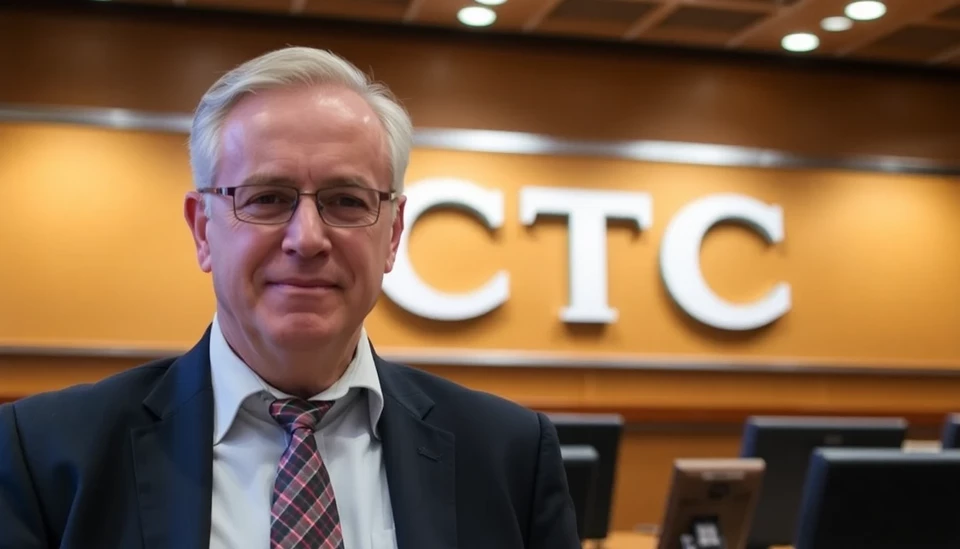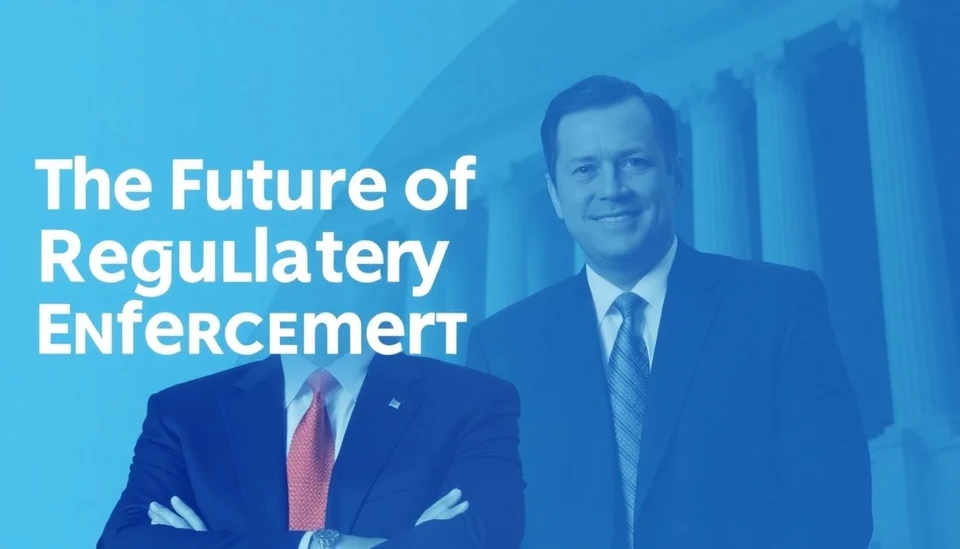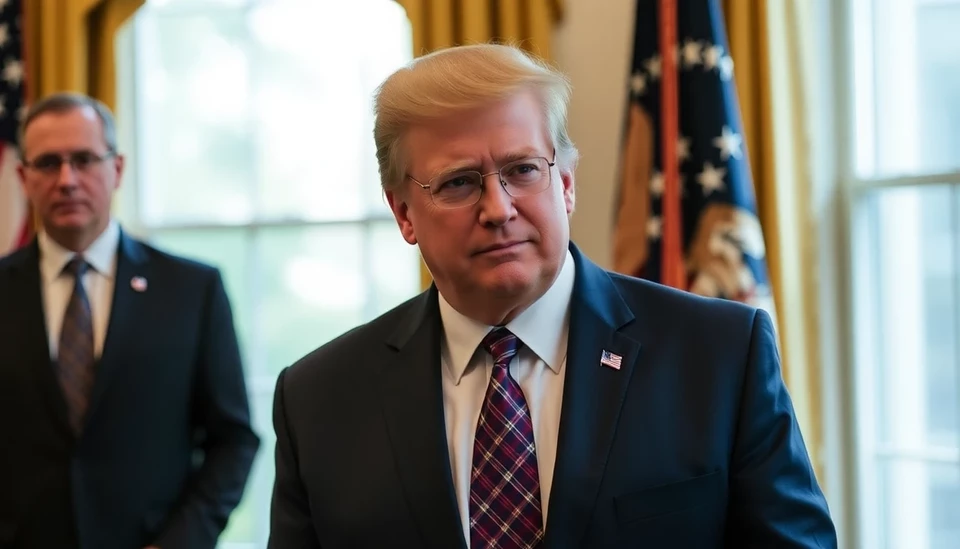
In a significant and controversial move, Rostin Behnam, the acting chair of the Commodity Futures Trading Commission (CFTC), has made headlines by removing the head of human resources, who was reportedly involved in an investigation concerning allegations against her. This unexpected employment decision has raised eyebrows within the regulatory agency and among industry observers who monitor the agency's internal dynamics.
The decision to terminate the HR chief comes amidst a backdrop of challenges facing CFTC, which has been under scrutiny for its handling of workplace issues and allegations of misconduct. Sources indicate that the ousted HR head was conducting an inquiry related to possible unethical behavior and workplace practices within the agency, adding an additional layer of complexity to this unfolding situation.
Acting chair Pham, who has spearheaded significant initiatives aimed at improving workplace culture and compliance at CFTC, now finds herself in a challenging spot following this action. Critics argue that her decision could undermine the credibility of the agency's commitment to transparency and accountability, especially given the current climate around workplace fairness and allegations of discrimination in government entities.
Insiders within the CFTC suggest that the dismissal may have been influenced by power struggles within the agency, with some factions advocating for a cleaner slate to help advance their agenda while others push for adherence to formal investigative procedures. This has added to the tension surrounding Pham’s leadership and her handling of internal personnel matters.
Although the CFTC has publicly remained tight-lipped about the specifics of the investigation or the rationale behind the HR chief's dismissal, there is growing concern that this could further complicate efforts to reform the agency and improve workplace culture. Observers believe that unless addressed transparently, the existing controversies could reflect negatively on the regulatory body's integrity and hinder its operational effectiveness.
The move has sparked widespread discussions in regulatory circles about the necessity for clear protocols and transparent processes to address allegations against staff and the importance of leadership stability during such critical phases of scrutiny and reform.
As this saga unfolds, experts stress the importance of internal investigations in maintaining the credibility of regulatory institutions, especially in a sector where accountability plays a crucial role in public trust. The implications could extend beyond personnel decisions—impacting how CFTC engages with the industries it regulates.
In conclusion, the events at the CFTC reflect larger themes of governance, ethics, and the evolving challenges of leading a regulatory body in an era where scrutiny has never been more intense. Stakeholders from various sectors are calling for greater clarity and responses to ensure that the agency can navigate these turbulent waters effectively.
For now, the focus remains on how this disruption circles back to affect the CFTC's mandate and whether the agency can emerge from this turmoil with renewed purpose and integrity.
#CFTC #RostinBehnam #Leadership #WorkplaceCulture #RegulatoryIssues #Transparency #Ethics
Author: Victoria Adams




